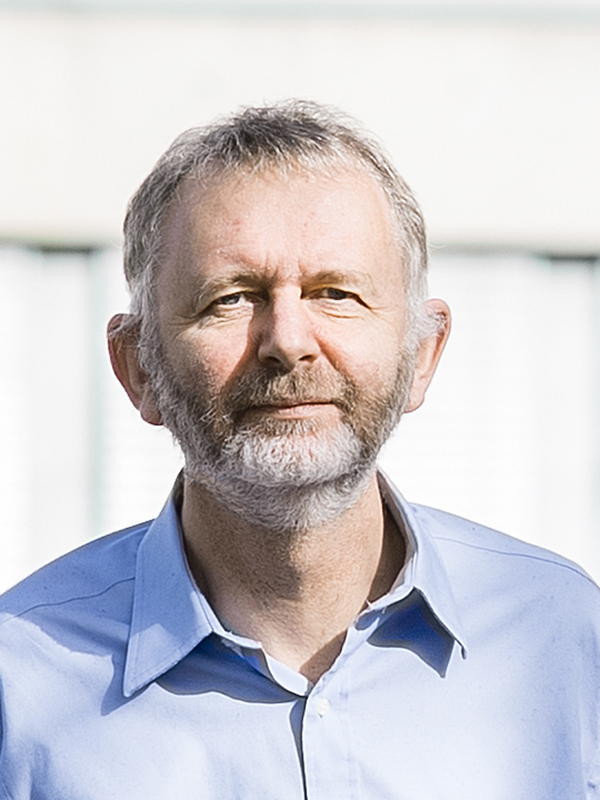Editorial

Nicolas Thomas is the director of the NCCR PlanetS. Image: Alessandro Della Bella / UBE
Dear readers,
The year 2023 has been filled with exciting developments and events for NCCR PlanetS. This included important scientific output, events with the public, spacecraft launches, and critical missions extensions.
At the end of the decade, the exploration of the Jupiter system will be the focus of two flagship class missions – something I have personally been looking forward to for nearly two decades. These missions were initiated in 2005 with European Space Agency contributions to the theme first being put forward at the 39th ESLAB symposium in Noordwijk. This included the idea that ESA could send its own spacecraft to the Jupiter system without NASA support – a concept that was, from a technical point of view, considered at the time to be a fairly radical pushing of the boundaries. It has become a reality with the launch of JUICE on 14 April 2023. NASA’s flagship class mission to the Jupiter system will be Europa Clipper and will launch on or around 10 October this year. JUICE will enter orbit around Ganymede while Clipper will make multiple fly-bys of Europa passing as low as 25 km above the surface. These missions are designed to revolutionise our understanding of the Jupiter system and specifically the properties of the icy, probably ocean-bearing, Galilean moons. Given the limited data volume returned by the unfortunate Galileo spacecraft, these missions will provide an absolutely enormous scientific boost in this field with implications for studies of other giant planet systems. The missions are also steps towards the investigation of the habitability of Jovian moons and a search for life in Europa’s sub-surface ocean – a key theme for the future. The investment made by PlanetS members over the past two decades in the JUICE and Clipper programmes provides a significant opportunity to the Swiss community to play a strong role in this adventure.
While many visible activities in 2023 were space-related (e.g. the JUICE launch, extensions for CHEOPS and the ExoMars Trace Gas Orbiter, JWST data acquisition and publication), 2024 looks like being an excellent year for those more focused on ground-based astronomy aspects with several instruments built by PlanetS members to be installed at various locations around the world. PlanetS is a perfect construct to exploit the complementary nature of ground-based and space-borne activities. I hope that some of you can take advantage of these unique opportunities.
With my best regards,
Nicolas Thomas
Categories: External Newsletter
